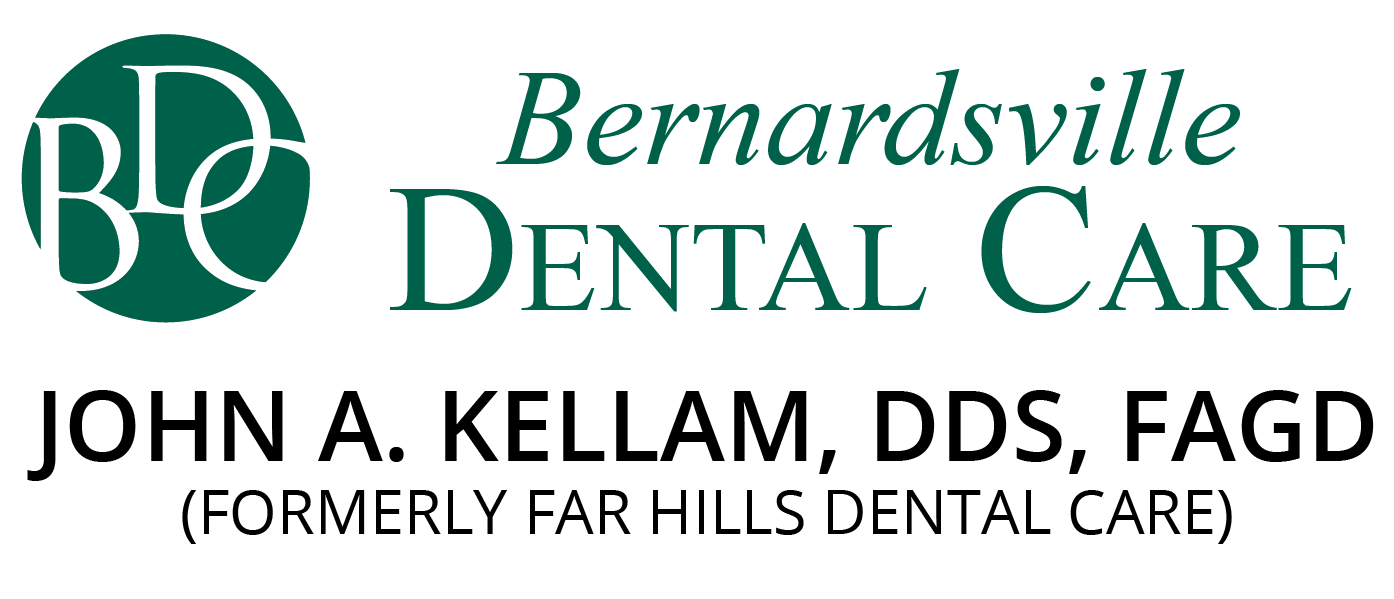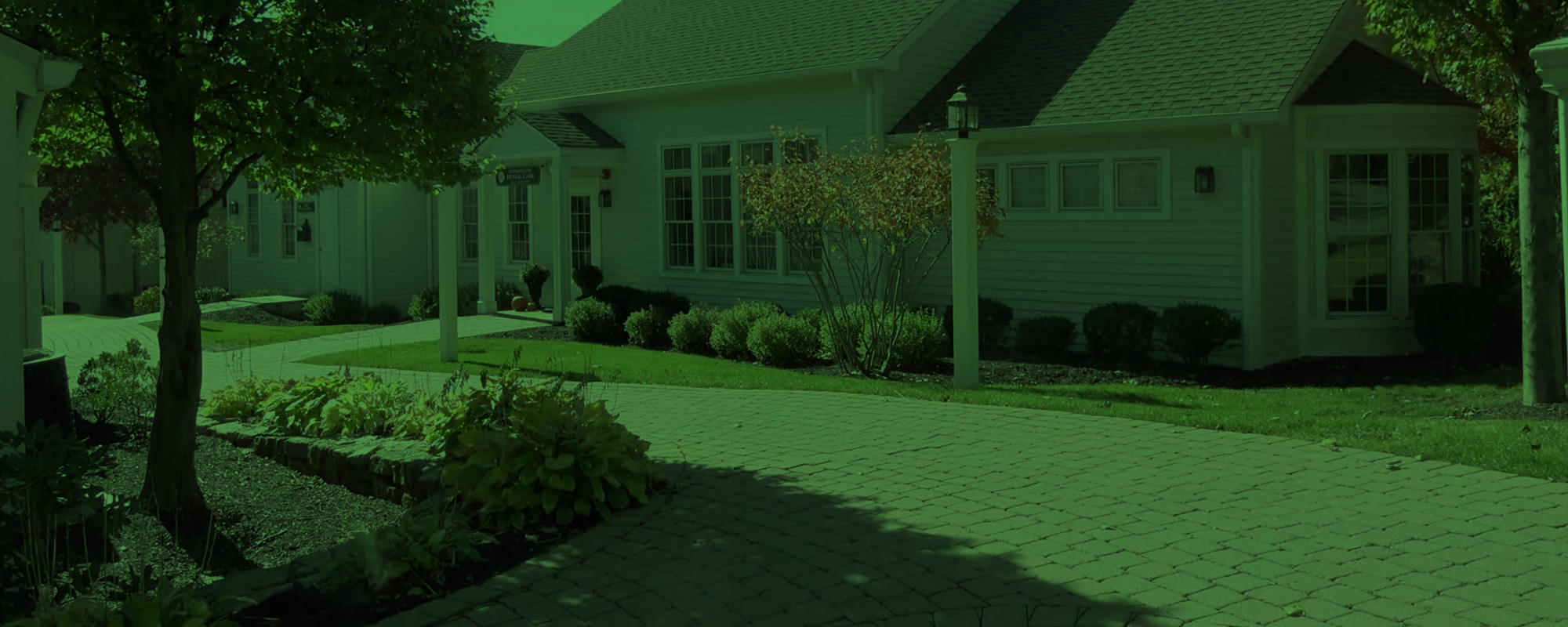15 Dec What is Involved with Tooth Extraction?
When you visit a Bernardsville, NJ dentist for a toothache, they will examine it to determine why it is causing you pain. If it’s possible, the tooth will be repaired. Occasionally, it is necessary for a tooth to be extracted, or totally removed. It is ideal if damaged or decayed teeth can be repaired so you can keep your natural teeth. But sometimes, maintaining good oral health requires a tooth to be removed.
Common Reasons for A Tooth Extraction
There can be a few reasons a dentist recommends a tooth extraction. Some of the most common reasons don’t involve any damage or decay. When a patient is getting ready for braces, oftentimes one or more teeth need to be removed so the rest of their teeth have room to move into place. Wisdom teeth can become impacted or cannot come in because there isn’t enough space in the mouth. These are often removed by an oral surgeon.
Other reasons for a tooth extraction include damage or decay. If it is minimal, the dentist can repair the tooth so it can be saved. However, if there is too much damage or decay, the tooth ma
y need to be removed.
Simple and Surgical Tooth Removal
When you first go to the dentist and they examine your teeth they will explain why you may need a tooth pulled. Some patients may need mild sedation or anti-anxiety medications prior to the procedure. There are two basic methods for removing teeth: simple and surgical.
Simple Tooth Extraction
When a tooth is visible in the mouth, and it needs to be pulled, the dentist will perform a simple tooth extraction. This is the type of procedure dentists use to remove teeth prior to the placement of braces or retainers. It is also the method used for removing badly damaged or decayed teeth. You will be given local anesthesia to deaden the area around the tooth to be removed. And if you need anti-anxiety medication, Dr. John Kellam will administer it as well. Following the procedure, over-the-counter pain medications are typically enough to reduce any pain.
Surgical Tooth Extractions
When a tooth is not visible in the mouth, such as with wisdom teeth, they are removed surgically. Sometimes, if a tooth has broken off in the mouth, or if it has not yet come in, it can be removed through a surgical procedure. If the tooth extraction requires this method, the patients will be administered general anesthesia. Patients with special medical needs are often placed under general anesthesia before having teeth pulled as well. Following a surgical extraction, your dentist will usually provide a prescription for pain medication.
Oral Care Following a Tooth Extraction
When you have a tooth pulled, the dentist will provide you with specific instructions. Be sure to follow everything they tell you. They will explain how you may need to change your eating habits or oral hygiene routine for a few days to allow for proper healing in the area where the tooth was removed. Generally following a tooth removal proper dental care will involve these two things:
- Eating a Soft Food Diet. Immediately following the procedure, the dentist will probably recommend sticking only to liquids until the anesthesia has worn off. Following that, you may need to just eat soft foods for a few days.
- Proper Oral Care. Your instructions will include how to proceed with oral care immediately after the procedure. The teeth directly next to the area where the tooth was removed should not be brushed for the first day afterward. The rest of your teeth should be brushed normally. Two days following the extraction you should be able to return to your normal oral hygiene routine.


